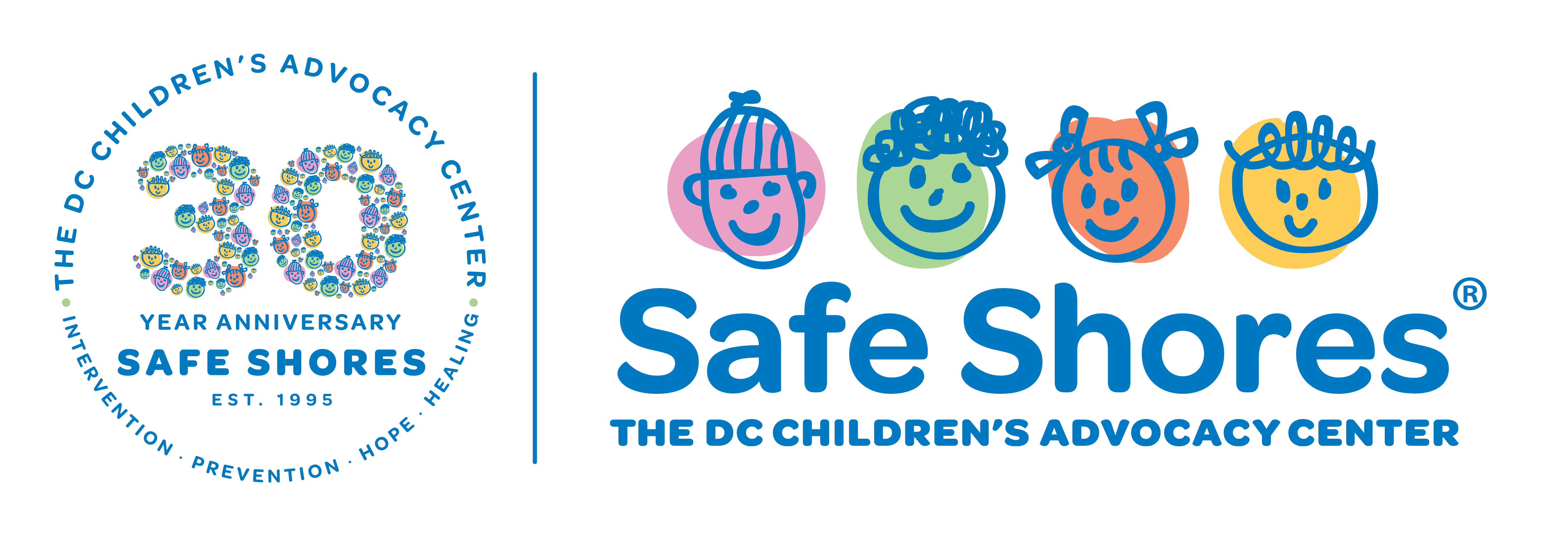Signs of Sexual Abuse
Children who have been sexually abused may display a wide variety of emotional, behavioral, or physical symptoms. The signs below are not all inclusive or exclusive, but can serve as a guide to understanding an abused child’s behavior.
Behavioral and Emotional Signs
Behavioral and emotional signs do not always mean sexual abuse is occurring, but can also emerge during times of stress or in response to other trauma. In any case, it is an important reason to tell your child you notice the sign and ask them what is causing it.
- Discloses that abuse has occurred
- Anxiety or Depression
- Sleep disturbances including nightmares or night terrors
- Change in eating habits
- Unusual fear of certain people or places; reluctance to be alone with a certain person
- Changes in mood that could including anger, aggressiveness towards parents, siblings, friends, pets
- Rebellion or withdrawal; runaway behavior
- Change in attitude towards school or academic performance; lack of interest in friends, sports, or other activities
- Unexplained or frequent health problems like headaches or stomachaches
- Poor self-esteem; avoidance of relationships
- Self-mutilation or change in body perception like thinking of self or body as dirty or bad; suicidal thoughts
- Regression to previously outgrown behaviors, for example bedwetting or thumb sucking
- Incorporating sexual subject matter into drawing, writing or play
- Sexual behaviors or knowledge of sexual language and behaviors that are not appropriate for their developmental stage.
- Too “perfect” behavior or overly compliant behavior
Physical Signs
Physical signs of sexual abuse are rare but may include:
- Pain, bleeding or discharge in genitals, anus, or mouth
- Vaginal infections
- Recurrent urinary tract infections
- Cuts or tears around the vaginal area or the anus
- Other physical trauma (redness, rash, swelling) to genital or anal area
- Persistent or recurring pain during urination or bowel movements
- Wetting or soiling accidents unrelated to toilet training
- Stained, torn, or bloody undergarments
- Sexually transmitted diseases or pregnancy
If you see physical signs of abuse, have your child examined by a professional immediately, or call the police.
How to respond to a disclosure of child sexual abuse
Remain calm and don’t overreact. The child may feel more ashamed and guilty, shut down, or change their story if you react with anger or disbelief.
Believe the child and assure them what happened is not their fault.
- Listen calmly
- Allow silence in the conversation so the child does not feel rushed
- If you must ask additional questions to make a report, only ask open ended questions as leading questions can confuse the child’s memory of events. Ask as few questions as possible, it is not your responsibility to investigate. Asking unnecessary questions may further harm the child.
- Open-ended questions include:
- “Can you tell me more?”
- “What happened next?”
- Examples of supportive responses include:
- “I believe you”
- “What happened is not your fault”
- “This takes a lot of courage. I’m very proud of you for telling me.”
- “We will get the support we need to get through this”
- Do not make broad promises about the future, such as “I will keep this from ever happening again.”
- Open-ended questions include:
Protect the child by ensuring they are not near the abuser and immediately reporting the abuse to the proper authorities. To report suspected child abuse in the District of Columbia, please call 202-671-SAFE (7233).

